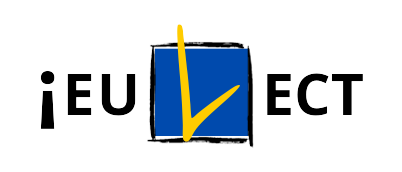
iEUElect
Program: Erasmus+
Key action: Partnerships for cooperation and exchanges of practices
Action Type: Small-scale partnerships in youth
Project Reference: 2023-1-PL01-KA210-YOU-000165973
Start Date - End Date: 01/10/2023 - 30/09/2024
Duration: 12 months
Our role: Partner
Topics
- Awareness about the European Union
- Democracy and inclusive democratic participation
- European identity and values
Find out more about the project:
The iEUElect project, co-funded by the Erasmus+ Programme, is designed to empower young people to better understand and engage with the democratic processes of the European Union. Focused on fostering inclusivity, critical thinking, and dialogue, the project culminates in the creation of an educational board game, WhatIF.
WhatIF offers an interactive and fun way to explore EU decision-making, policies, and values while sparking meaningful discussions about democracy, equality, and civic participation. Developed in collaboration with partners from Poland (Senfineco) and Romania (Asociația Share Education), the game is ideal for both formal and informal educational settings, providing tools for trainers and facilitators to enrich their sessions.
Stay tuned for updates and the release of WhatIF as a print & play resource accessible to all!
Background
The iEUElect project was born from a need to bridge the gap between young people and the democratic processes of the European Union. In an era where civic engagement is increasingly important, the project aims to make learning about democracy, EU policies, and participation accessible, interactive, and engaging.
This initiative leverages the power of gamification to foster deeper understanding and enthusiasm for democratic values. By blending education with play, the project supports youth in developing critical thinking, collaboration, and informed decision-making skills. Working in partnership with Senfineco (Poland) and Asociația Share Education (Romania), the iEUElect project creates a unique learning experience that connects young people across borders, emphasizing the importance of inclusivity, diversity, and shared European values.
Objectives
Promote Democratic Awareness:
Encourage young people to actively participate in the democratic process, with a focus on the European Union elections.
Foster Inclusion:
Create accessible tools and resources that engage individuals from diverse backgrounds, including marginalized communities and those with disabilities.
Develop Educational Resources:
Design an interactive board game and complementary materials to support learning about EU policies, citizenship, and values in an engaging way.
Strengthen Collaboration:
Unite partners from Poland, Greece, and Romania to share expertise and foster cross-cultural understanding in addressing shared challenges.
WHAT IF Board Game
We are proud to present the WHAT IF game – an interactive and educational tool designed to promote democratic engagement and understanding of the European electoral process. This board game is now available in a convenient Print & Play format, enabling players to dive into its engaging gameplay right away.
With the WHAT IF game, you can:
Learn and Play Anywhere: Download, print, and play from the comfort of your home or educational setting.
Customize Your Experience: Create and personalize your own game components.
Available in Multiple Languages
To ensure inclusivity and accessibility, the game is available in:
English
Polish
Greek
Romanian
What's included in the full set?
The complete WHAT IF Print & Play set consists of:
Set of Cards – Engage in scenarios that simulate real-world democratic decision-making.
Rulebook – Clear and concise instructions to guide players through the game.
Trainer's Guide – Comprehensive support for educators and facilitators to maximize the game’s impact.
Why choose WHAT IF?
The WHAT IF game isn’t just fun—it’s an educational journey into democracy, empowering players to understand voting, decision-making, and the importance of civic participation. Ideal for youth groups, schools, and community organizations, it provides a hands-on way to learn about European elections and democratic values.
Start your journey today and discover the power of informed and active citizenship!
Set of Cards: Bringing Democracy to Life
The heart of the WHAT IF game lies in its Set of Cards, designed to simulate real-world democratic scenarios and foster critical thinking. These cards are more than just game components; they are tools for sparking discussions, promoting debate, and encouraging players to consider different perspectives.
What’s on the Cards?
Each card presents a Plan or Scenario related to key topics like:
- Democracy and Governance
- Equality and Inclusion
- Sustainability and Environment
- Health and Well-being
- Digital Transformation
The cards offer two outcomes for each scenario - one if the Plan is implemented successfully and one if it is not - allowing players to experience the impact of decision-making firsthand.
Features of the Cards
- Clear and Accessible Design: Each card is visually engaging and easy to understand.
- Educational Themes: Topics are rooted in real-world issues, making them relevant and thought-provoking.
- Interactive Gameplay: Players debate, vote, and strategize based on the card’s scenario, fostering collaboration and critical thinking.
Why Are the Cards Important?
The WHAT IF cards turn abstract concepts into tangible learning experiences. They are a powerful way to introduce players to the complexities of governance, decision-making, and the impact of their choices, all while promoting democratic values and participation.
Whether used in classrooms, youth groups, or community settings, the WHAT IF cards ensure every game session is both engaging and educational.
Download the cards by clicking the flags:
Rulebook: Your Step-by-Step Guide to Gameplay
The WHAT IF Rulebook is the cornerstone of the game, providing clear and concise instructions to ensure an engaging and seamless gaming experience. It’s designed to make the game accessible for all players, whether they’re seasoned board game enthusiasts or newcomers to the world of democratic simulations.
What’s Inside?
- Simple Setup Instructions: Step-by-step guidance on preparing the game for play, making it easy to get started.
- Comprehensive Rules: Detailed explanations of the gameplay phases, voting mechanisms, and scoring system.
- Illustrative Examples: Clear examples to help players understand the flow of the game and navigate any tricky scenarios.
Why the Rulebook Matters
The Rulebook transforms a deck of cards into a dynamic and thought-provoking experience. It’s crafted to be user-friendly, ensuring everyone can enjoy the game while learning about the democratic process.
Download the cards by clicking the flags:
Trainer’s Guide: elevating the educational experience
The WHAT IF Trainer’s Guide is a powerful resource for educators, youth workers, and facilitators who want to maximize the game’s educational potential. This guide is tailored to support trainers in leading meaningful discussions, encouraging critical thinking, and fostering a deeper understanding of democratic principles.
What’s Included?
- Facilitation Tips: Advice on guiding discussions, managing group dynamics, and keeping players engaged.
- Scenario Insights: Background information on the game’s topics to help trainers provide additional context.
- Adaptation Options: Suggestions for modifying the game to suit different group sizes, timeframes, or learning objectives.
- Prompts for Reflection: Questions to spark meaningful conversations about the game’s scenarios and outcomes.
Why the Trainer’s Guide Matters
This guide ensures that WHAT IF is more than just a game—it’s a transformative educational tool. By equipping trainers with the resources they need, it creates an environment where participants can explore complex ideas, engage in thoughtful debate, and develop their understanding of civic participation and decision-making.
Together, the Rulebook and Trainer’s Guide turn WHAT IF into a versatile and impactful experience, perfect for classrooms, workshops, and community events.
Download the cards by clicking the flags:
Partners
News about the project:
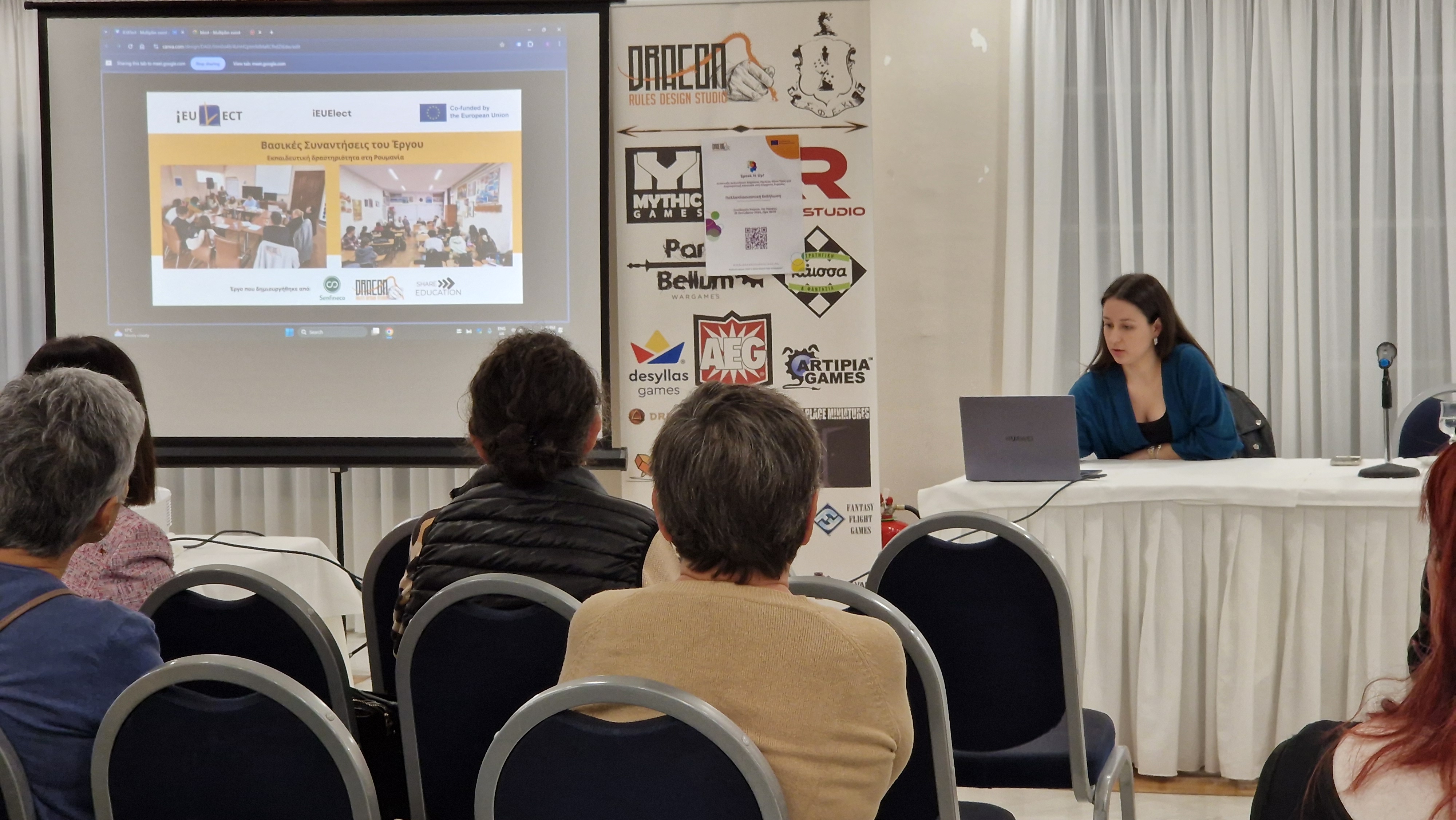
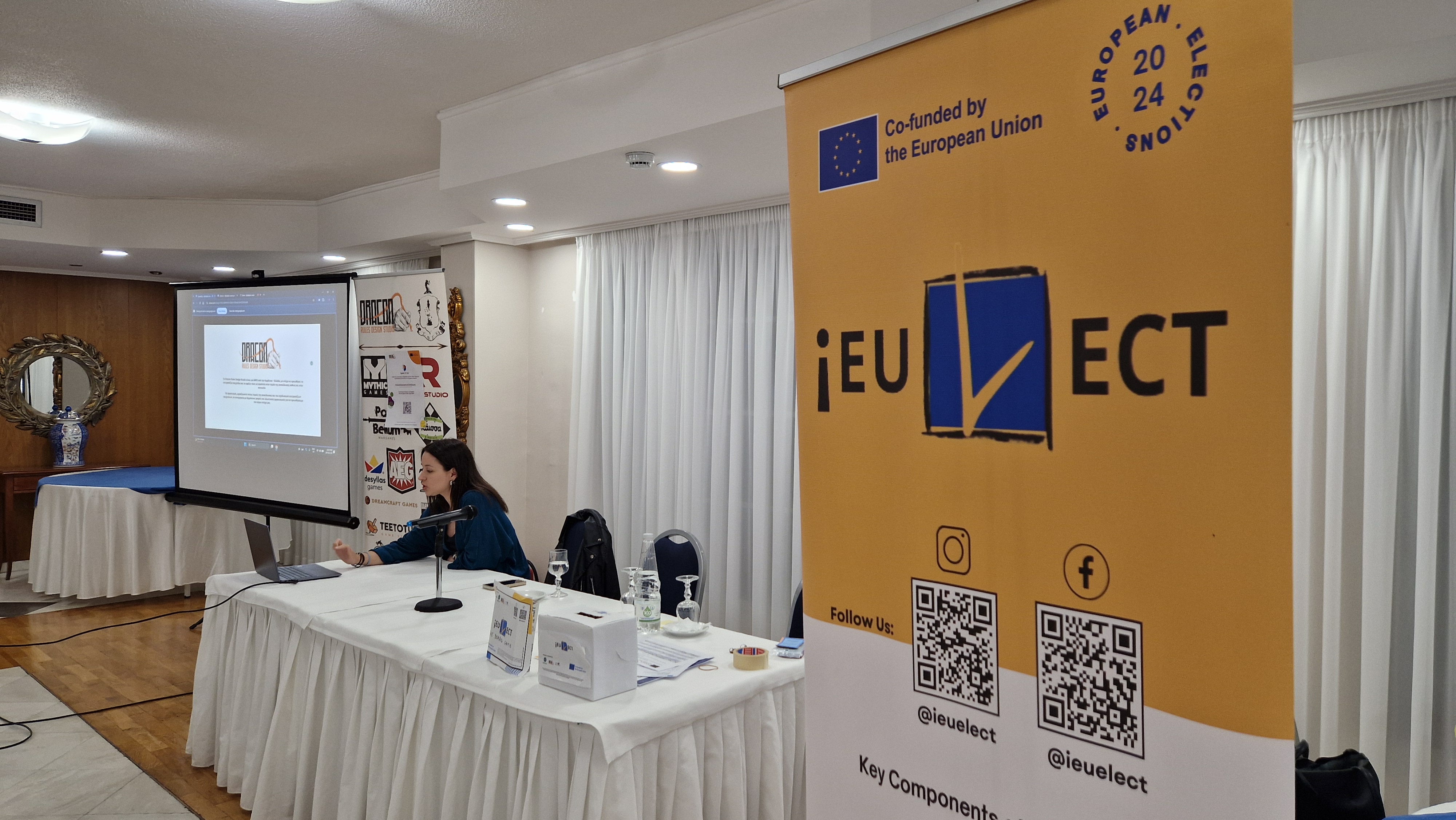
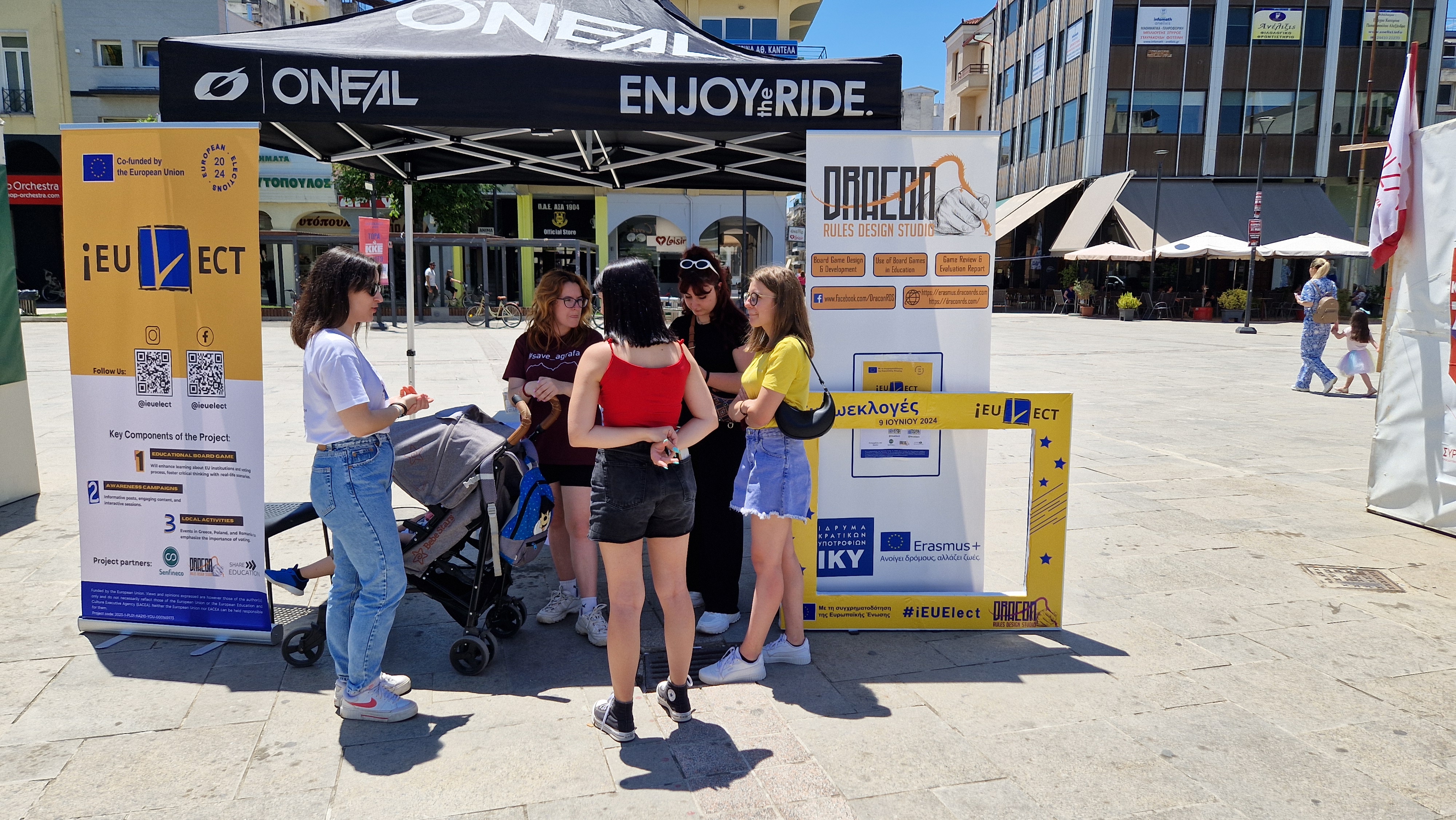
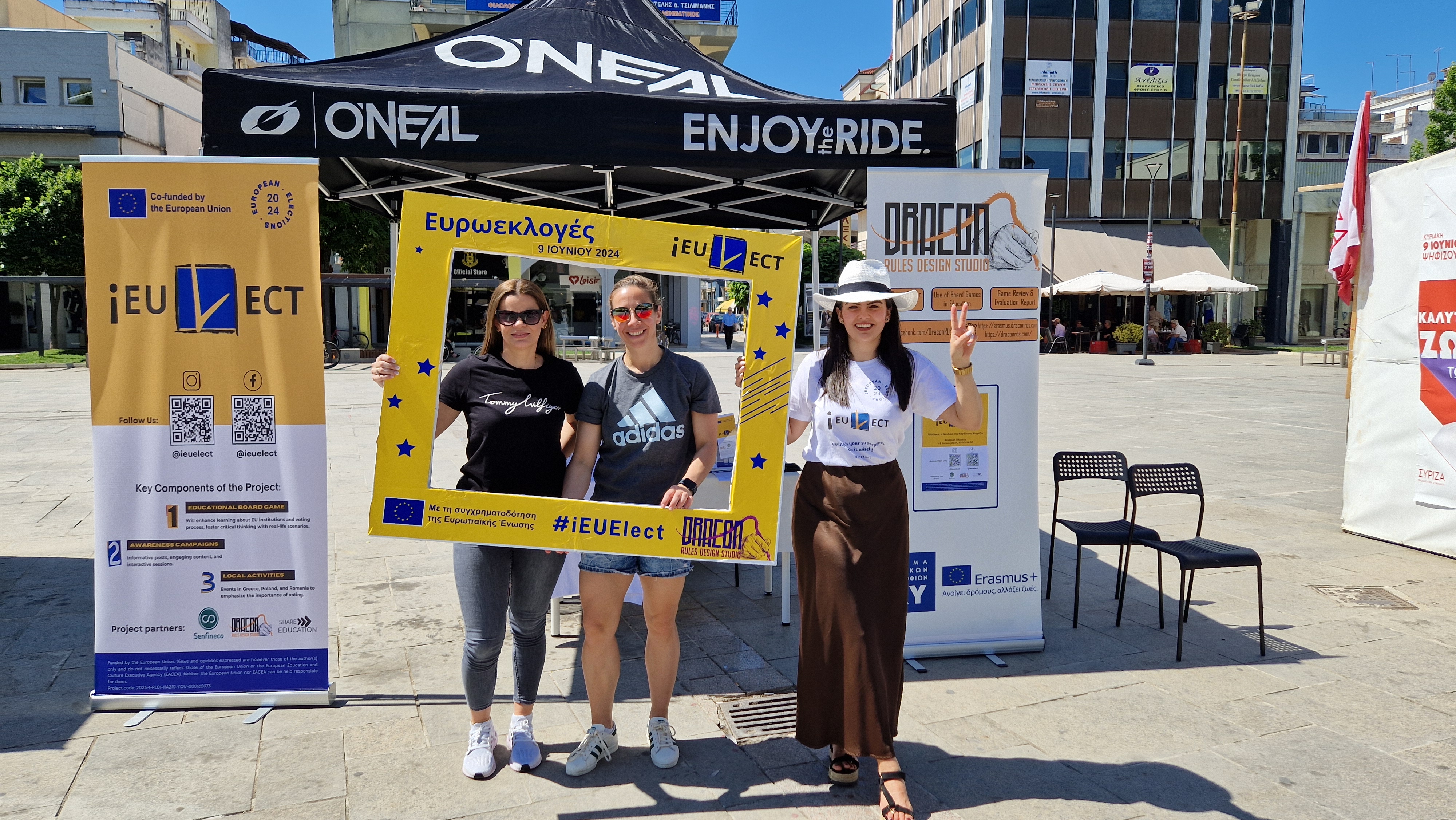
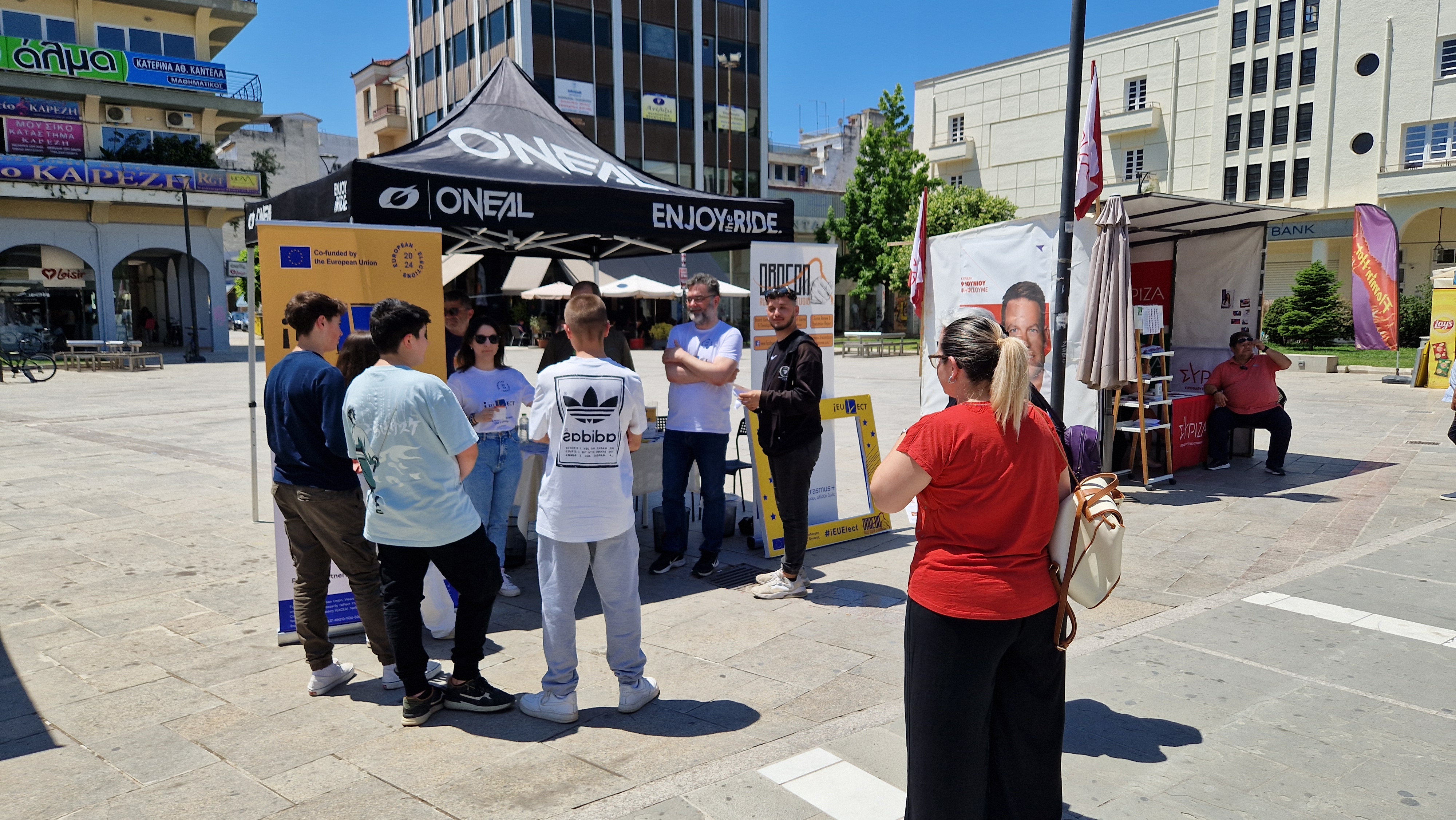
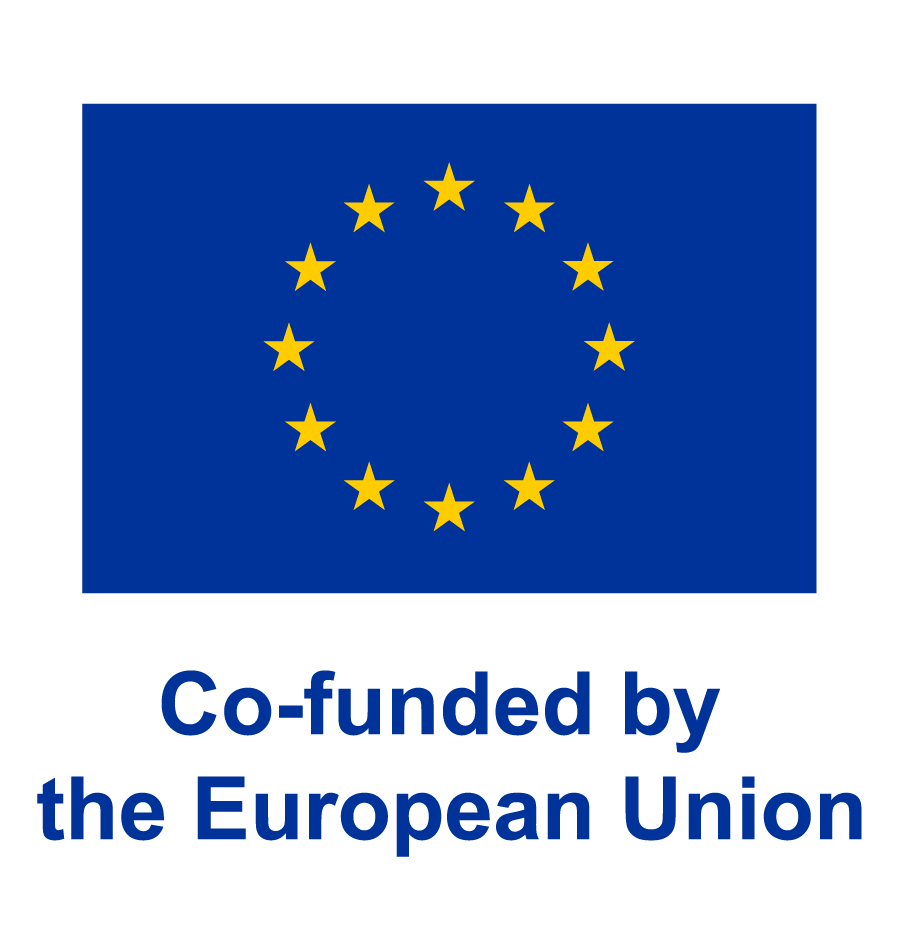
Funded by the European Union. Views and opinions expressed are however those of the author(s) only and do not necessarily reflect those of the European Union or the Foundation for the Development of the Education System. Neither the European Union nor Foundation for the Development of the Education System can be held responsible for them.
Project Reference: 2023-1-PL01-KA210-YOU-000165973
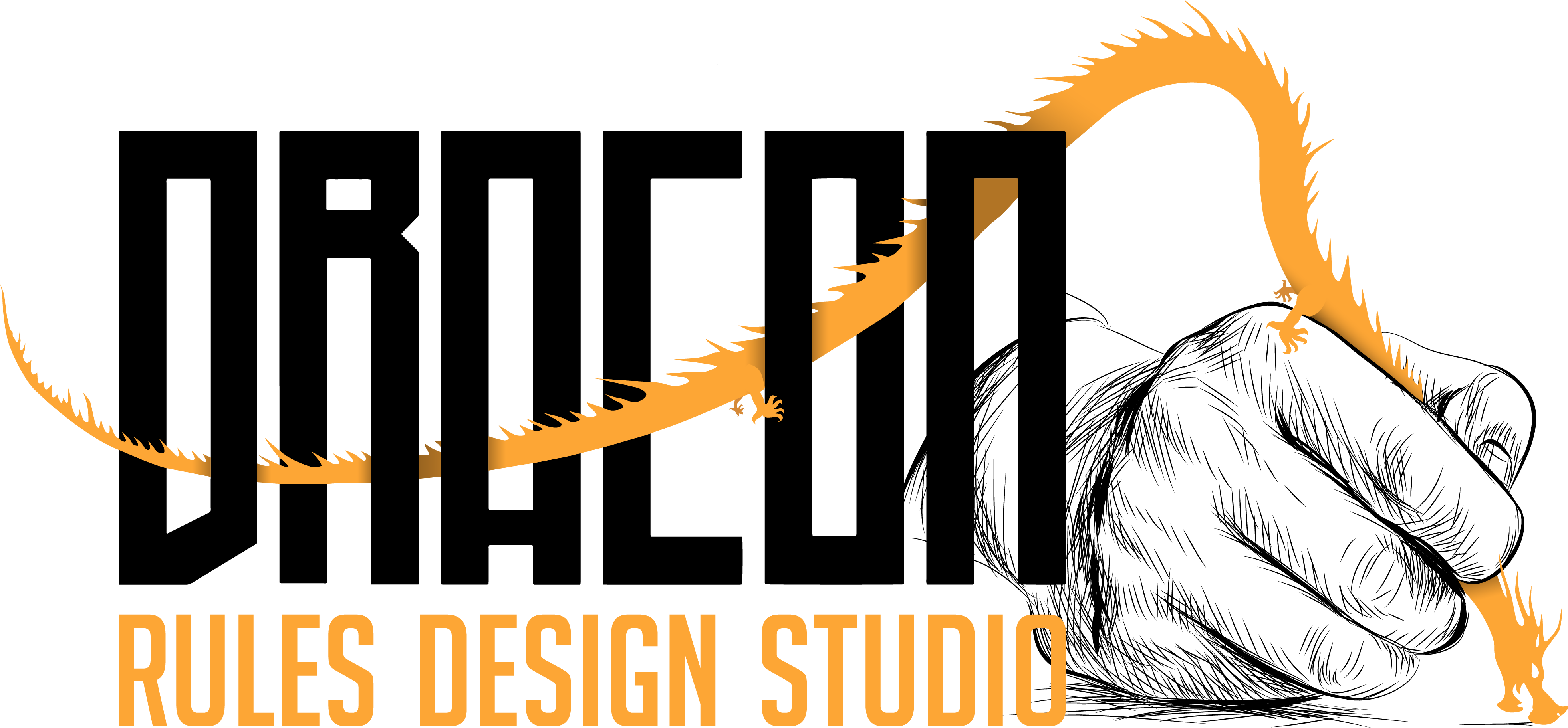







_thumbnail.jpg)